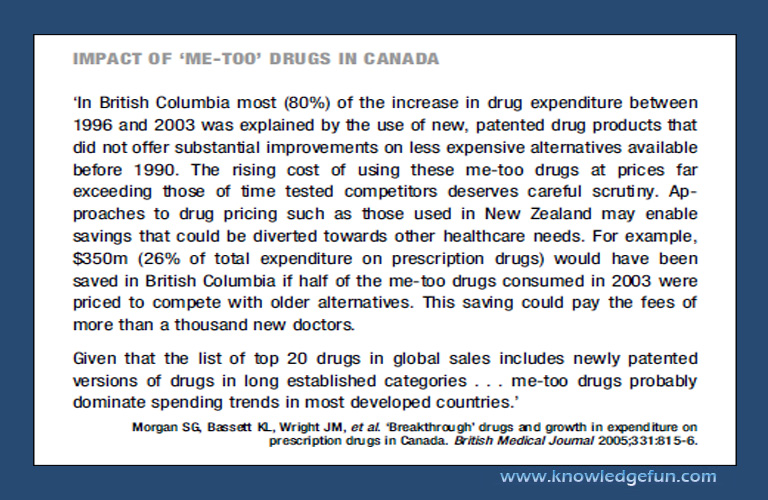EXCERPTS
TESTING TREATMENTS - READ ONLINE - EXCERPTS
Testing Treatments was published in May 2006 by The British Library. The book has been encouragingly well received, translated into several languages, and adopted as a course book.
In November 2007, all rights in the book were transferred from The British Library to us. We are pleased to make the book freely available under a Creative Commons Attribution 3.0 Unported Licence (for conditions, see http://creativecommons.org/licenses/by3.0/)
We hope that the free availability of the book will be helpful, and we will be pleased to continue receiving comments about it through testingtreatments@jameslindlibrary.org.
Imogen Evans, Hazel Thornton, and Iain Chalmers, November 2007.
We dedicate this book to William Silverman (1917–2004), who encouraged us repeatedly to challenge authority.
READ EXCERPTS:
ABOUT THE AUTHORS:
Imogen Evans practised and lectured in medicine in Canada and the UK before turning to medical journalism at The Lancet. From 1996 to 2005 she worked for the Medical Research Council, latterly in research ethics, and has represented the UK government on the Council of Europe Biomedical Ethics Committee.
Hazel Thornton, after undergoing routine mammography, was invited to join a clinical trial, but the inadequate patient information led to her refusal. However, it also encouraged her advocacy for public involvement in research to achieve outcomes relevant to patients. She has written and spoken extensively on this topic.
Iain Chalmers practised medicine in the UK and Palestine before becoming a health services researcher and directing the National Perinatal Epidemiology Unit and then the UK Cochrane Centre. Since 2002 he has coordinated the James Lind Initiative, promoting better controlled trials for better healthcare, particularly through greater public involvement.

IMPACT OF 'ME-TOO' DRUGS IN CANADA
‘In British Columbia most (80%) of the increase in drug expenditure between 1996 and 2003 was explained by the use of new, patented drug products that did not offer substantial improvements on less expensive alternatives available before 1990. The rising cost of using these me-too drugs at prices far exceeding those of time tested competitors deserves careful scrutiny. Approaches to drug pricing such as those used in New Zealand may enable savings that could be diverted towards other healthcare needs. For example, $350m (26% of total expenditure on prescription drugs) would have been saved in British Columbia if half of the me-too drugs consumed in 2003 were priced to compete with older alternatives. This saving could pay the fees of more than a thousand new doctors.
Given that the list of top 20 drugs in global sales includes newly patented versions of drugs in long established categories . . . me-too drugs probably dominate spending trends in most developed countries.’
Morgan SG, Bassett KL, Wright JM, et al. ‘Breakthrough’ drugs and growth in expenditure
on prescription drugs in Canada. British Medical Journal 2005;331:815-6.





